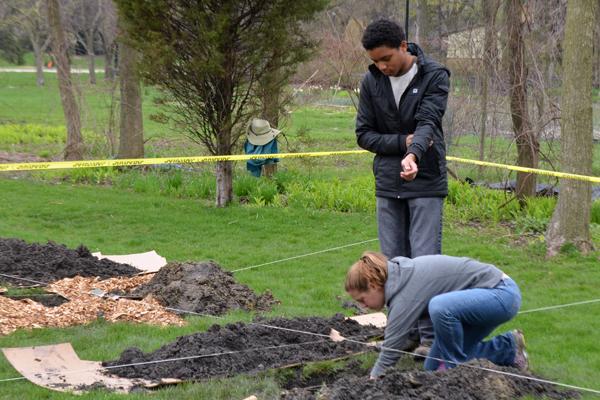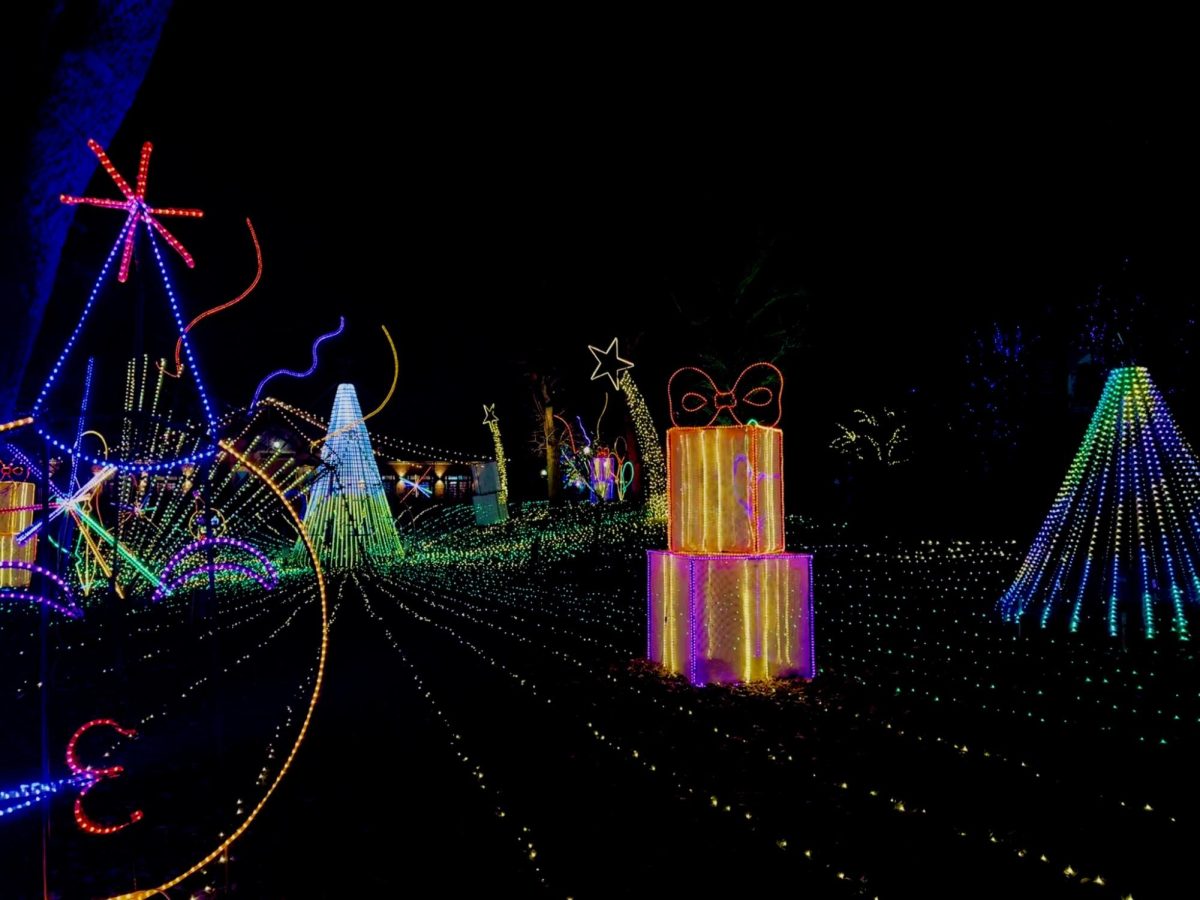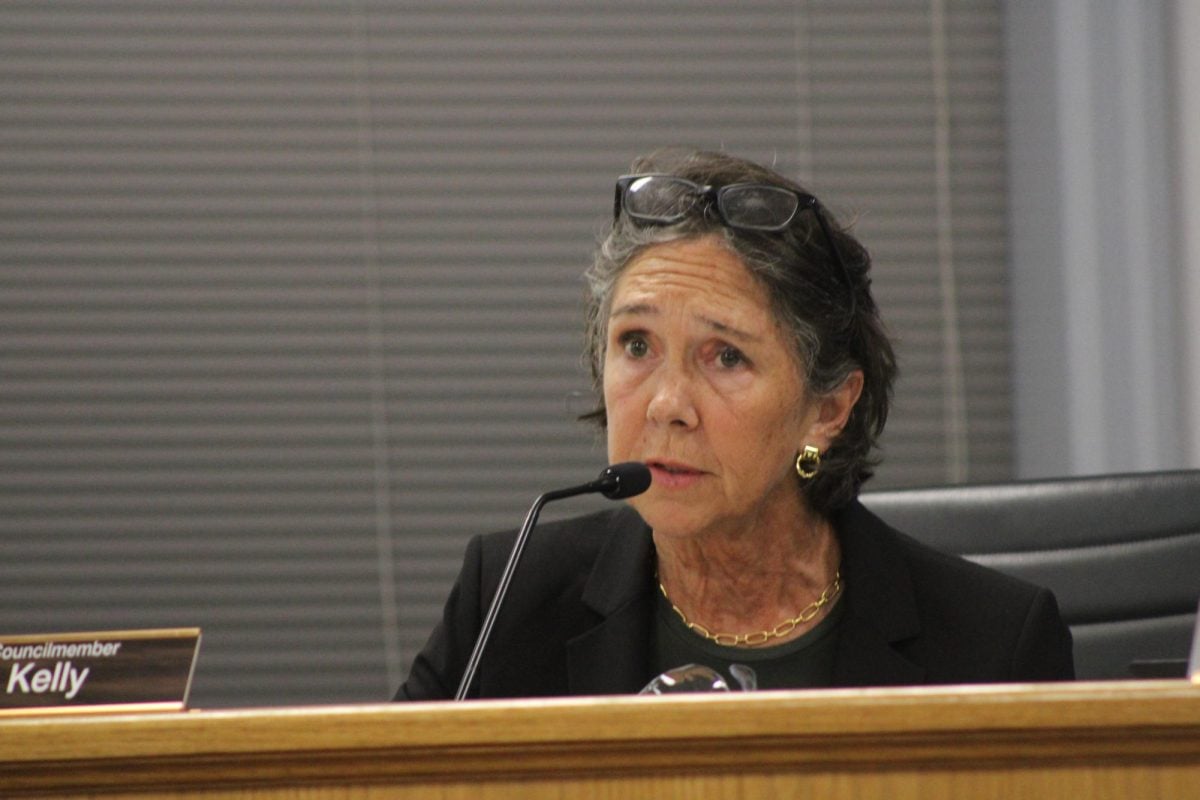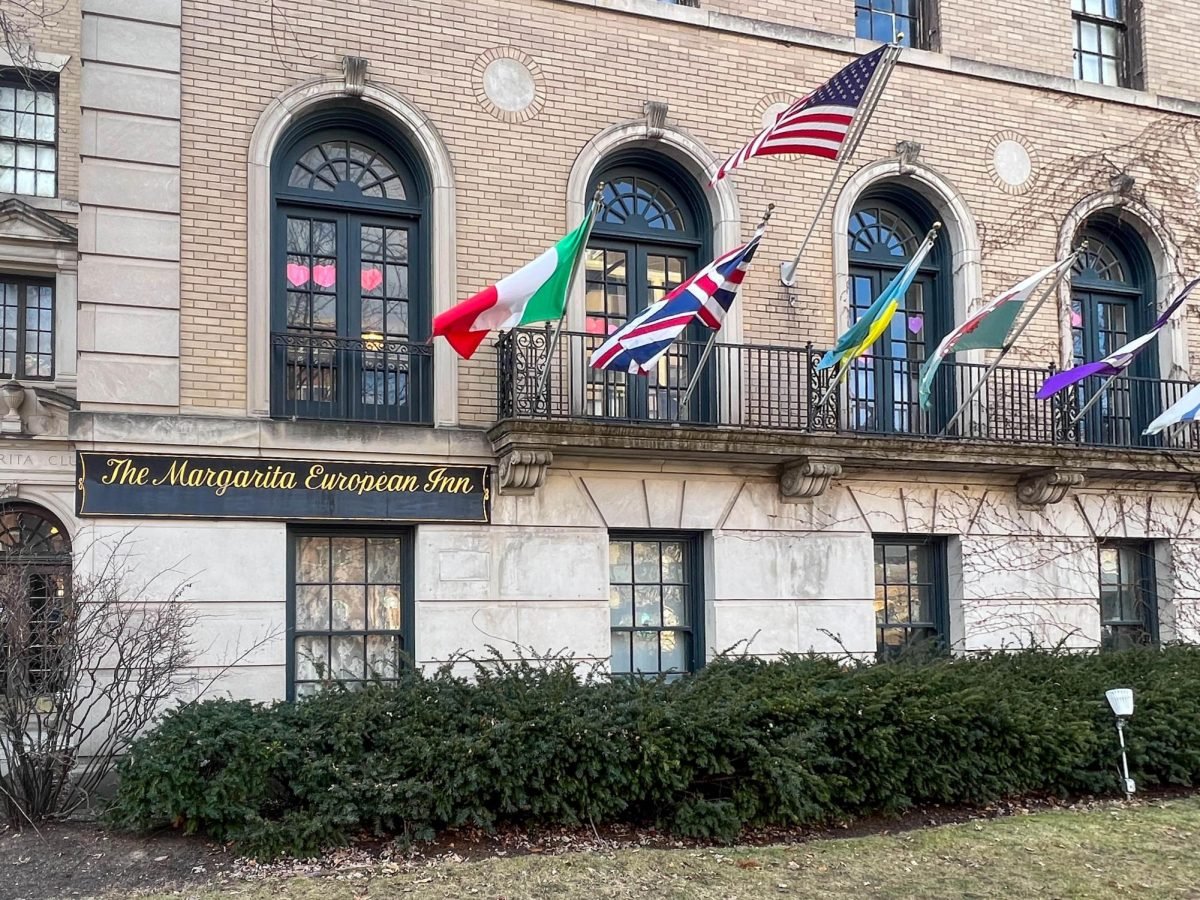
As Northwestern student groups promoted green initiatives on campus for Earth Week, students in the Brady Scholars Program spent time off campus this weekend planting an orchard in west Evanston that will provide food and jobs for residents.
About 50 people from the Brady program and the larger Northwestern and Evanston communities worked together Sunday to plant about 15 trees in Eggleston Park, located on McCormick Boulevard and Bridge Street. The organizers said they were happy with the turnout and the planting in general, despite the initial setback of having to bail out water from the holes that had been dug the previous day.
“Besides the water in the holes, everything is going pretty swimmingly,” said Weinberg senior Jasmine Jennings, a Brady scholar who helped coordinate the event and recruit volunteers.
The Brady program requires students to apply what they learn from philosophical studies and study-abroad experiences to address problems in their own community.
This year’s Brady seniors focused on closing the gap between east and west Evanston for their class project, which has been three years in the making, Brady scholar Adam Dominik said.
“We started to explore the Evanston community,” the Weinberg senior said. “If you cross Ridge Street, it’s a divided community, economically.”
To create the “food forest,” seniors in the Brady program partnered with urban farming groups in the city, such as New Leaf Urban Gardens, Edible Evanston and The Talking Farm. Cozeake Nelson, New Leaf Urban Gardens manager, emphasized the importance of planting the orchard during Earth Week.
“The type of impact we’re looking for is that we inspire other people to plant trees,” he said. “It’s so great to see people come together from different parts of the community with the Northwestern students and make something like this happen.”
The students intend for the orchard to provide fresh food to residents in west Evanston, where there is reduced access to organic fruits and vegetables, as well as to provide jobs for some residents, who will eventually pick and sell the produce.
“Hopefully it has a positive impact,” said Paul D’Agostino, the city’s assistant director of public works and forestry, who helped coordinate the project. “It’s going to depend on how much production they get out of the trees.”
The Brady scholars worked closely with the city to secure the space and the water for the orchard. Despite city officials’ initial refusal to permit the students to plant the trees, once the students demonstrated the project’s feasibility, the city was “very helpful,” said religious studies Prof. Laurie Zoloth, former director of the program who participated in Sunday’s event.
The trees planted Sunday represent the first stage of the project, which will take four to five years to fully realize, primarily because it will be at least three years before the trees begin to bear fruit. Over the next three years, Brady scholars will plant as many as 70 trees, Brady scholar and Weinberg senior Bethany Polhamus said. The seniors in the program also plan to build a greenhouse on NU’s campus, behind the Institute for Policy Research, as part of their project, she said.
Zoloth said by engaging and improving the community through hard work, the orchard accomplishes all the goals the Brady program aims for students to achieve.
“That’s putting philosophy into direct action,” Zoloth said. “The world is changed bucket by bucket, tree by tree. … That’s the lesson of the Brady project.”












